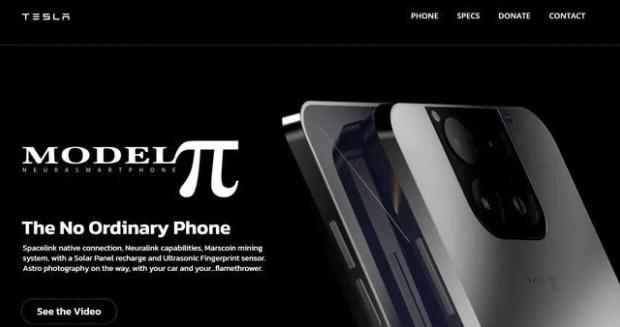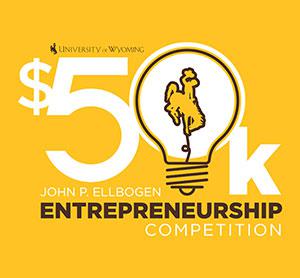International automakers are aiming to entice more Americans to ditch their gas cars and go electric by offering them newer and more advanced electric vehicles with longer battery life and enhanced technology.
Drivers in the US have been slower to adopt electric vehicles when compared to other parts of the world like Asia. Less than 1 percent of the 250 million cars that run on US roads are electric vehicles (EV).
But automakers Ford, Nissan, Hyundai, Subaru and Kia showcased their plans at the 2022 New York International Auto Show this week to increasingly shift toward more fleets of EV. The sector could make up one-quarter of new sales by 2035, according to industry projections.
The heads of automakers Chrysler and Chevrolet acknowledged that to encourage more drivers in the US to go electric, automakers will have to offer vehicles that are better and more efficient than gas guzzlers.
Chrysler, which intends to be fully electric by 2028, said it plans to become like a start-up to create new products and designs.
Christine Fuelle, Chrysler brand CEO for Stellantis, told China Daily: "[Being innovative] and acting like a start-up is key to our success. When I joined Stellantis and we were thinking about how we could reposition Chrysler it was a tremendous opportunity to differentiate ourselves from an electrification perspective, and from a technology perspective.
"When you think about how technology companies behave and how they're successful you have to have that start-up mentality. That's how I've built my team. We have to make sure we're on the forefront, of cutting-edge designs, new technologies and that will be key to creating and rebuilding the Chrysler brand for future growth."
Globally, the EV market grew, even amid the coronavirus pandemic.
In 2020, EV sales were 4.1 percent of all car sales and sales rose to 3 million according to the International Energy Agency (IEA,) which provides analysis, data and policy recommendations to help countries provide secure and sustainable energy.
In 2021, EV sales were 9 percent of the global car market and doubled to 6.6 million sales, according to the IEA.
China was the world's biggest EV market in 2021 and the IEA said that more electric cars were sold in 2021 in China alone than in the rest of the world in 2020. The Chinese government wants to reach a market share of 20 percent by 2025.
US President Joe Biden is also pushing electric vehicles as a cleaner alternative to gas cars. In August 2021, Biden signed an executive order that set an ambitious target to make half of all new vehicles sold in 2030 zero-emissions vehicles, including battery electric, plug-in hybrid electric or fuel cell electric vehicles.
Josh Tavel, executive chief engineer of Chevrolet's Silverado EV, believes that America along with the rest of the world is poised to turn electric. He suggested that General Motors is ready to capture the EV market.
Tavel told China Daily: "The reasons why it's going to be successful in my opinion is that EVs are a better customer solution. To have instant torque and to have that power on demand and not have delays and to be able to have the additional accommodations that an EV can give you and to have the additional structural feel a better ride, those are the reasons why it will succeed."
New York City has been instrumental in laying out the infrastructure needed to support electric verhicles in the state.
Governor Kathy Hochul recently announced $1 billion in investment to support EV. The state's EVolve NY electric vehicle charging network will soon have more than 100 high-speed charging ports across the state. The state will install ten fast chargers, able to power compatible EVs in less than 30 minutes at LaGuardia Airport.
Governor Hochul said in a statement: "Electric vehicles are key to decarbonizing our transportation system and as the global auto industry invests heavily in the latest zero-emission vehicles, New York will continue to focus on expanding our cross-state fast charging network and incentivizing EVs, which will help us transition to a healthier, greener future."
The New York International Auto Show made its return this week to the Jacob Javits center in Manhattan after a two-year hiatus due to the coronavirus pandemic. The show had less exhibits than usual and focused mainly on electric vehicles.



